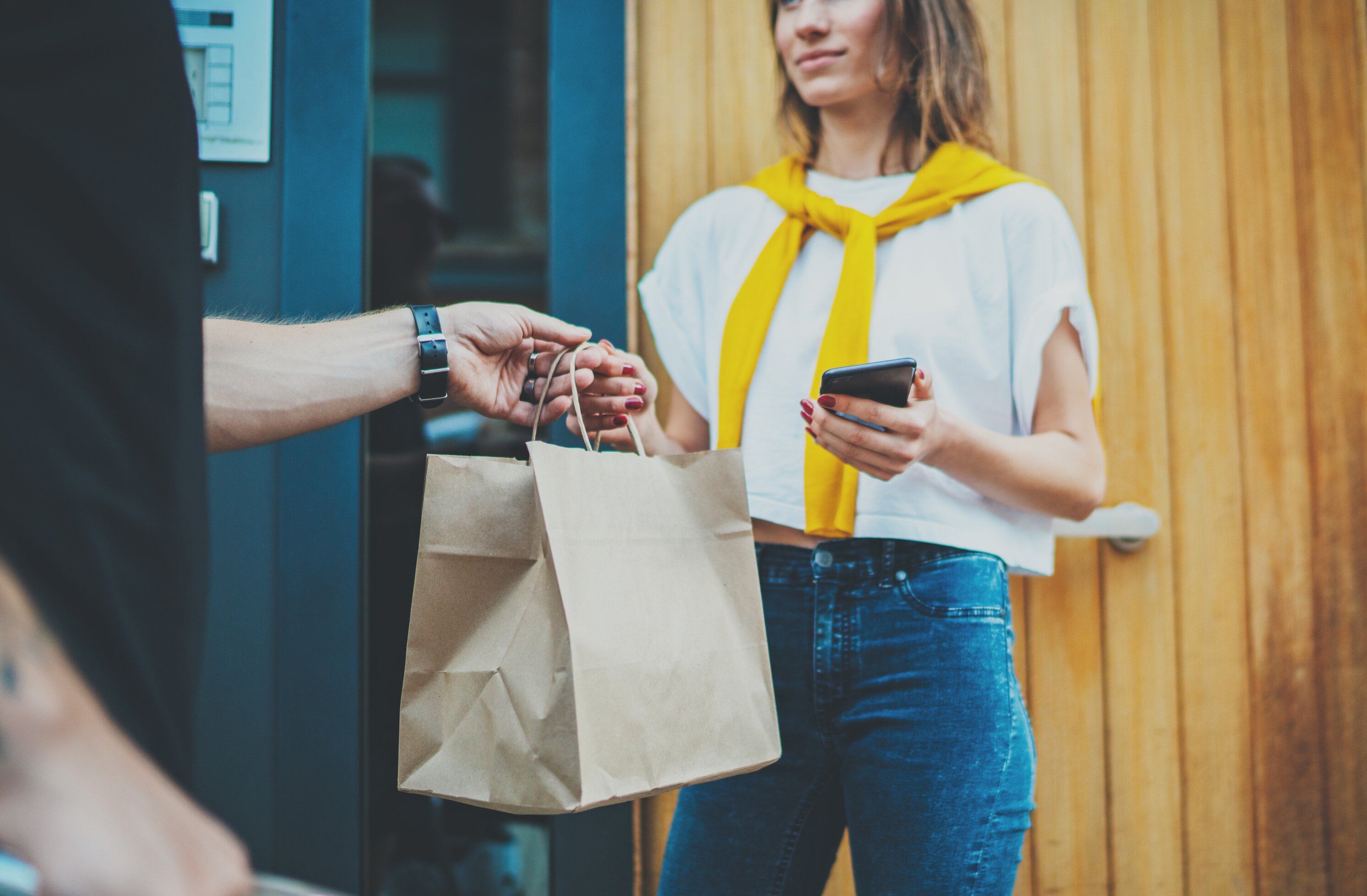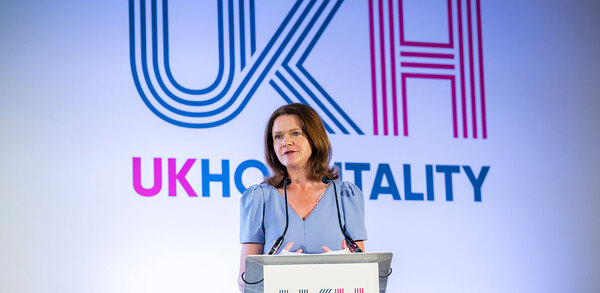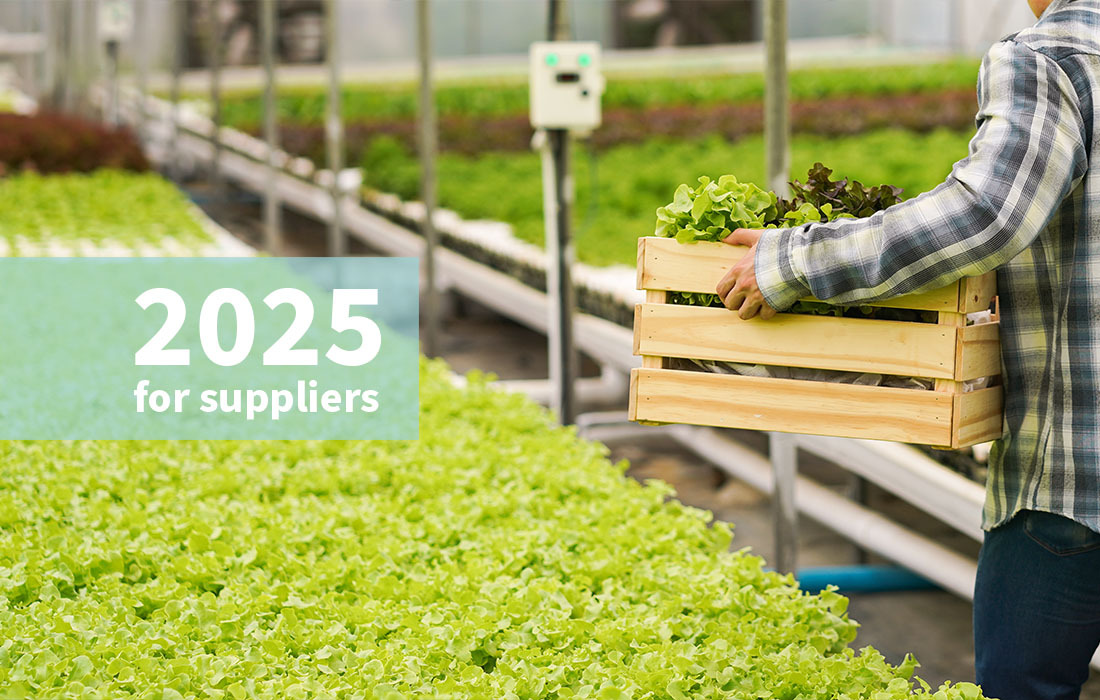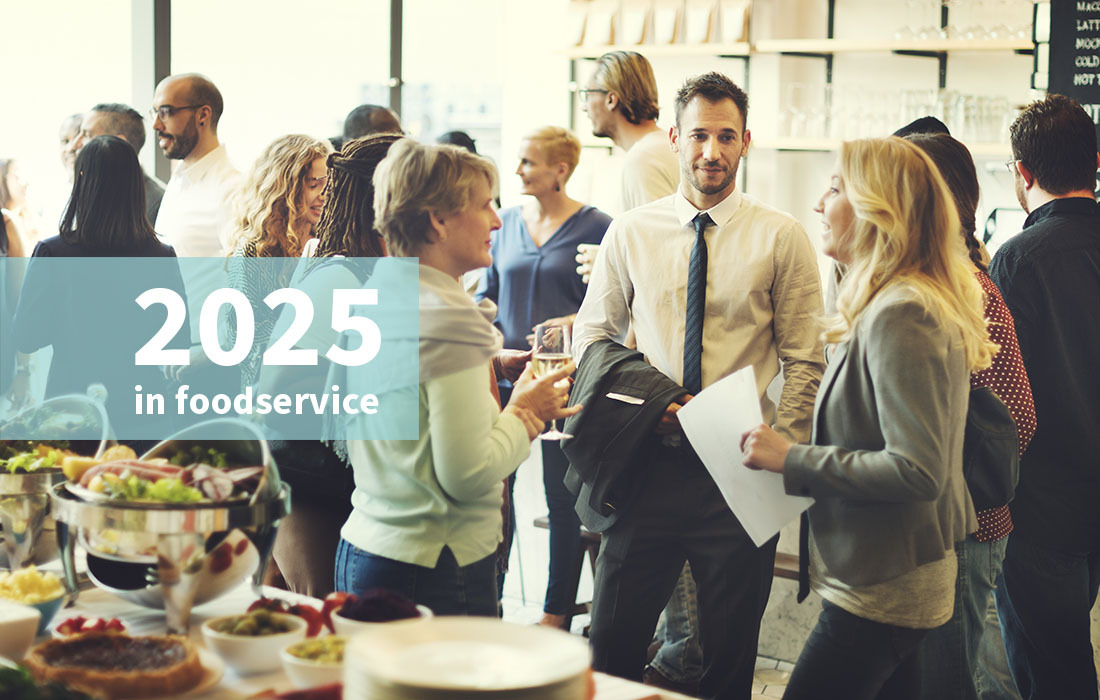Star tech: Hands-off apps perfect for the post-coronavirus era
The absolute priority for operators right now is the safety of staff and guests. Elly Earls finds out why more businesses than ever are turning to technology to minimise human contact without compromising the experience.
Hospitality operators that managed to survive lockdown began to reopen from 4 July with an additional set of challenges. The impact of social distancing rules has left many facing the prospect of trading with significantly reduced capacity while having to pay fixed costs, such as rent, manage safety considerations and overcome customer anxiety about returning to public spaces.
For some, the margins afforded by social distancing are simply too small to justify reopening, while others have decided to open just to mitigate losses rather then looking to break even – let alone make a profit. Many are also mindful of the prospect of a second wave or local lockdown, like the one currently imposed in Leicester.
“Managing profitability has never been more important, with operators seeking to maximise income but also reduce costs without impacting on the service and quality that customers will be expecting as their confidence in eating and drinking out grows,” says Henry Seddon, managing director of Access Hospitality.
Managing profitability has never been more important, with operators seeking to maximise income but also reduce costs without impacting on the service and quality
Even before the pandemic hit, many restaurants were undergoing a digital transformation in response to new customer expectations. Online ordering increased 23% annually from 2013 to 2018, according to the NPD Group, while research from CGA and Zonal in 2017 found that 67% of diners aged between 25 and 34 would spend more if they could order from their smartphones rather than wait for table service. In 2018-19, Zonal also saw a 400% increase in enquiries from hospitality brands seeking to develop their own app.
Just as the global mandate to work from home has accelerated the acceptance of remote working, technology adoption by hospitality brands has seen huge growth since the coronavirus outbreak. Recently, MasterCard reported a 40% jump in contactless payments as shoppers look to avoid germs associated with cash and physical credit cards, and a survey commissioned by BookingTek found that over half of British consumers would prefer contactless technology in restaurants to reduce the risk of coronavirus infection.
“For those that do decide to open, the absolute priority is the safety of staff and guests. This is central to any operation, with businesses working hard to access any gaps in their processes and then combatting them accordingly,” says Jane Pendlebury, chief executive of Hospa. “To do this, many are turning to technology. With human contact needing to be minimised, offering a more automated approach or integrating technology that serves to reduce touch or interaction can help to keep both guests and staff safe.”
So while many industries continue to struggle, not least the hospitality industry itself, which is seeing businesses close daily, providers of mobile ordering and payment systems and the EPoS systems with which these integrate have seen a surge in demand. The onus has been on them to introduce new features and tweak existing ones to help operators open in a socially distanced and safe way without compromising the experience.
Mobile ordering – get what you pay for
According to Seddon, technology can play a greater role in maximising trading potential than may be immediately obvious. “The integration between EPoS and a reservation platform is especially important. Managing the process from accepting bookings, configuring table layout, reducing queues and waiting time, through to order ahead and order and pay at table, will play a key role in trading successfully over the next few, uncertain months,” he says.
Access EPoS has at least 64 integrations currently available, covering order ahead and delivery, table reservation, payment, loyalty, engagement and marketing. “A surge of new standalone apps have been brought to market in response to the new social distancing measures, but for most operators the best solutions are the proven ones already available, which offer greater value because of their wider integration and functionality,” says Seddon.
Graham Cornhill, chief executive of mobile ordering provider Wi-Q Technologies, agrees. “I think the hospitality industry has grossly underestimated the importance of direct integration, and we see many operators looking for a quick fix, which later they are likely to regret due to the complexities of third-party integration,” he says.
“The old adage of ‘buy cheap, buy twice’ should be heeded – you get what you pay for. There are solutions flooding the market, but very few offer direct integration to key players, such as Agilysys and Oracle Micros, that represent the majority of hospitality providers.”
At Wi-Q, the biggest challenge has been the demand for its mobile ordering solution, which has been in development for the past six years, and which already has direct integrations with most PoS, PMS and payment providers.
“Many venues aren’t even having menus on the tables, but enabling guests to browse a virtual menu, order and pay using any internet-enabled device, minimising server contact,” Cornhill says. “Adding integrated mobile ordering also enables venues to manage track and trace requirements in a much more subtle way, as part of the order and pay journey.”
For Pendlebury, the difficulty is in striking the right balance between technology and hospitality. “Hospitality is all about being hospitable after all, and if you dilute the experience too much, then guests will be reluctant to embrace the so-called ‘new normal’,” she says. “Hotels and restaurants need to offer a recognisable service, but one that’s safe and fits within the relevant guidance.
Hotels and restaurants need to offer a recognisable service, but one that’s safe and fits within the relevant guidance
“If we look at a traditional setting, one of the key areas of interaction is taking the order and then processing the payment at the end. Conversation between guests and staff within close proximity risks the virus spreading. Therefore automated order taking, often done via an app, is becoming a choice for some of the larger chain brands. This sees guests make their choices and even pay without having to interact with staff at all – while still being able to enjoy quality food. The only opportunity for this is when orders are brought out to the table.
“Many diners enjoy the opportunity to engage with waiting staff – turning to them for advice or guidance on certain food choices and drink pairings. The higher end of the market has to offer extra consideration here. Will guests who value a five-star experience be willing to embrace the alternative?”
A rush towards off-premise orders
Many operators were able to survive during lockdown by introducing delivery, pick-up and click-and-collect options, trends that were already growing rapidly before the pandemic. According to BookingTek’s survey, over one-third (36%) of Brits would still prefer to switch to takeaways or order food for pick-up from restaurants to help avoid the risk of infection.
Again, integrated solutions will be the most effective in the long run. Zhong Xu is the chief executive of Deliverect, which connects online ordering players with restaurant PoS. He says it’s easy to sign up with a third-party platform like Uber Eats, Deliveroo or Globo and benefit from their infrastructure and network of riders, as well as their contactless delivery policies, but staff’s lives will be simplified further if there’s at least some level of PoS integration. “This will speed up prep, waiting and delivery times, automate your online order flow and save your employees a lot of time – and money,” he says.
It’s an area EPoS provider Revel has doubled down on in recent months. “We are seeing many rush to update their PoS systems to help process off-premise orders,” says chief strategy and marketing officer Chris Lybeer. In response, Revel shifted its research and development spend in March to improving capabilities in its PoS platform to assist merchants in optimising order pickup, curbside practices, delivery and contactless payments.
For example, its new Order Ready customer-facing screen allows merchants to differentiate between third-party pick-ups and to-go takeout orders. Order types can be colour-coded to clearly match ordering channels including to-go, curbside and delivery. Revel has also completed an integration with Twilio SMS, which enables merchants to send SMS notifications when an order is marked as ‘done’ on the kitchen display system (KDS). These new SMS notifications allow for contactless communication, as there’s no need for customers to be in store to receive updates on their order status.
Cause for optimism
None of the technologies that have gained popularity since the coronavirus are new; what is new is that fact that operators have really started to realise their business value.
Explains Seddon: “Being able to quickly adapt their business model to incorporate click and collect or delivery helped many to survive during lockdown, and even introduce a new revenue stream for longer-term trading. Although reservation systems, order and pay at table, live wait and data collection were already available, their importance in seamlessly combining a series of processes to streamline the business and enhance customer experience has become more apparent and valuable.”
Cornhill agrees: “The whole hospitality industry has been shocked into looking at how the world will look post Covid-19. It is important to remember that digital guest engagement was never designed as a social distancing tool and while it can solve a problem, it can also deliver a significant return on investment at a time when operators need revenue generation.”
Although she’s keen to stress that the picture for many hospitality operators is still bleak, Pendlebury also believes there is cause for optimism. “The hospitality industry is experiencing great difficulties at the moment, but the positive from this is that operators are undertaking thorough reviews of their practices and adapting their approach,” she concludes.
“Those that survive will emerge reinvigorated and much more agile, leaving them in a position to thrive as we move forward. There will always be an appetite for hospitality, we just need to make sure there’s a viable industry to satiate it.”
Distinctive Inns make safety stand out
Distinctive Inns is a privately owned chain of gastropubs with four sites in the East Midlands. During lockdown directors Ross Tunaley and James Bull decided they wanted to go all out when it came to ensuring the safety of both their staff and customers.
“We wanted to have too much in place, rather than not enough, and it seems this has been the right way to look at it. All the different things we’ve done have been reassuring for people – they can see we’re taking it seriously,” says Bull.
New additions include till screens, wooden frames to separate tables, sanitiser stations, disposable menus and an update to the existing Access EPoS system. A feature that had previously been used for recording information for click and collect or delivery was adapted to take personal details for test and trace purposes.
When selecting a seating area on EPoS, staff are prompted with a series of questions that enables them to take details and log locally without the need for pen and paper or a spreadsheet. The manager can pull off an activity report for specific service times if required but, if not, details are automatically deleted after the set period of days.
“We did try to do it manually to start with, but on the first day we found we missed a couple of people, so we decided to make it compulsory,” says Bull. “Now the staff have got used to it, it’s great. We don’t miss anybody and it’s quick and easy on screen.”
Looking ahead, Bull believes sanitiser stations are here to stay. He also plans to keep the partitions and screens post-pandemic, as well as looking into mobile ordering. “Cash is clearly on the way out and this will speed up the adoption of contactless payment,” says Bull.
Facilitating a frictionless customer journey
In June, Pizza Pilgrims announced a partnership with mobile order-and-pay solution Wi5 as it started preparing to reopen its restaurants in London and Oxford.
The system enables customers to order and pay quickly and easily from their own device, helping to alleviate concerns over social distancing. By navigating to the menu via a QR code or advertised URL, customers can safely select and customise menu items, place their order and pay securely, thanks to Wi5’s ISO/IEC 27001 information security certification.
Pizza Pilgrims’ operations director, Gavin Smith, says: “When imagining our pizzerias reopening we created a clear vision of what our customer experience would look like with three clear principles guiding our decisions. Our first aim was to build a frictionless journey for our team and customers.”
This was where Wi5 came in. Smith appreciated the user-friendly interface, competitive pricing and integration with PoS providers.
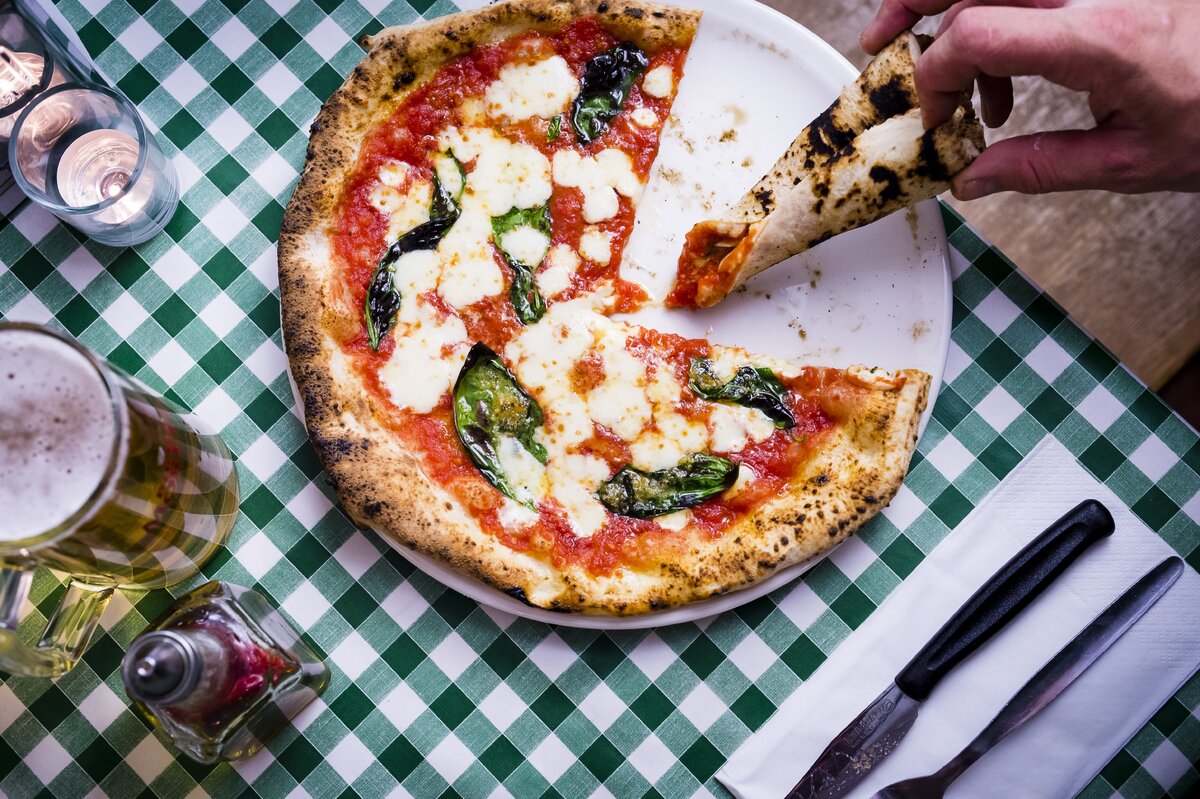
Pizza Pilgrims was founded by brothers Thom and James Elliot in 2012. It began as a street food vendor in London’s Berwick Street market over a year earlier, after the two brothers took a six-week pilgrimage, driving a three-wheeled Ape van through the spine of Italy at 18mph. Eight years ago, the first bricks-and-mortar pizzeria opened in Dean Street and the brand has since opened a further 12 pizzerias in London and Oxford.



